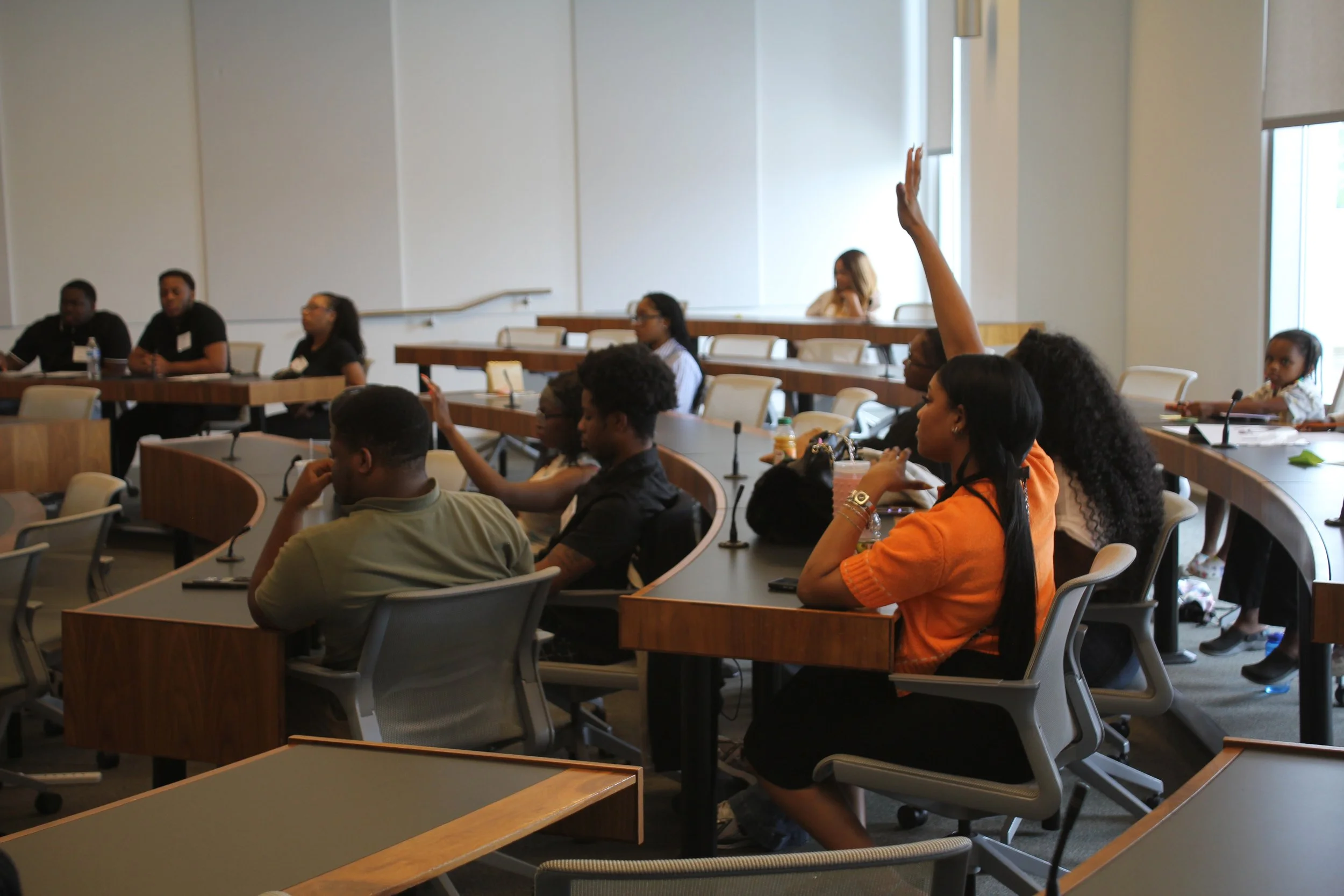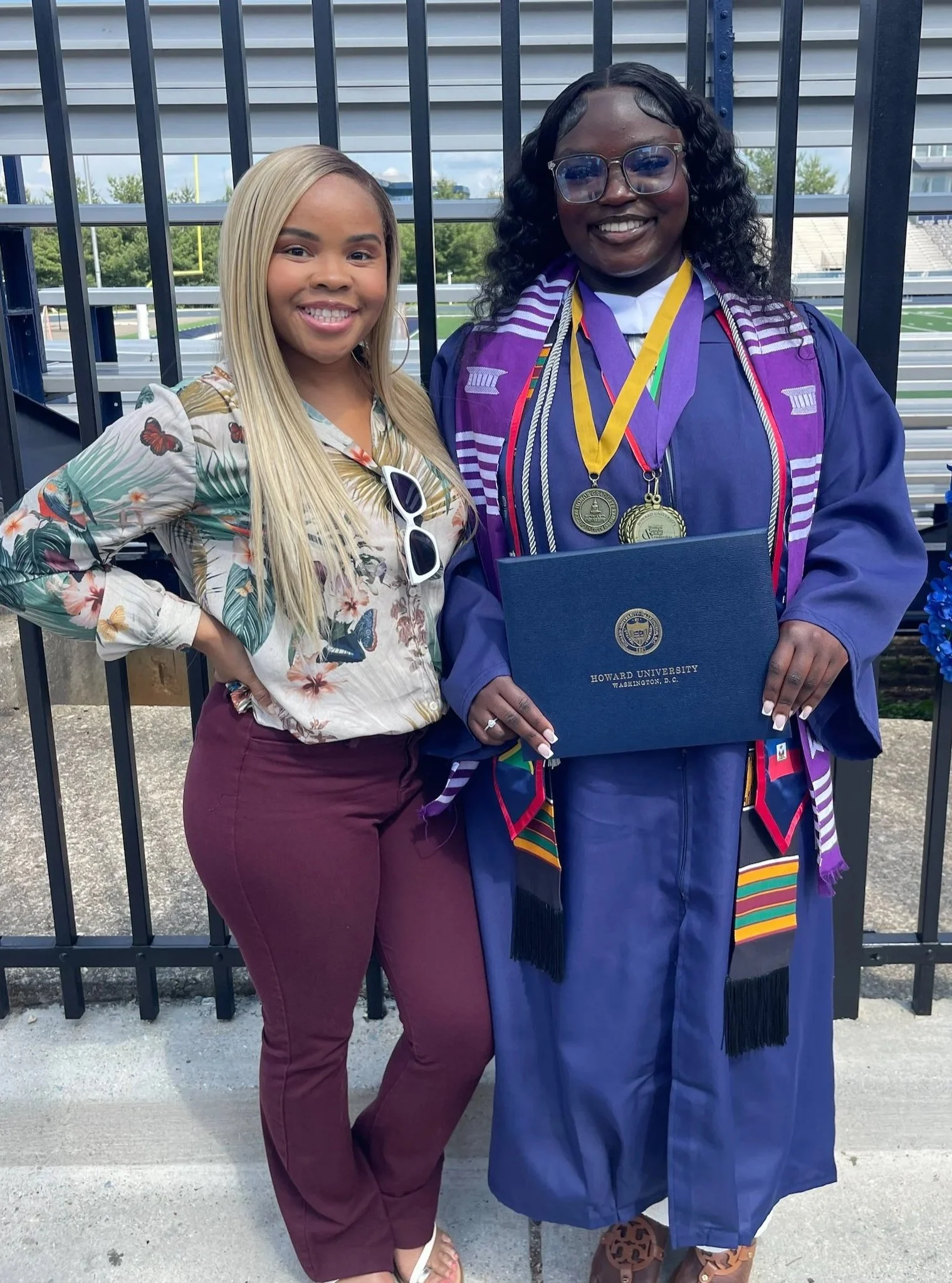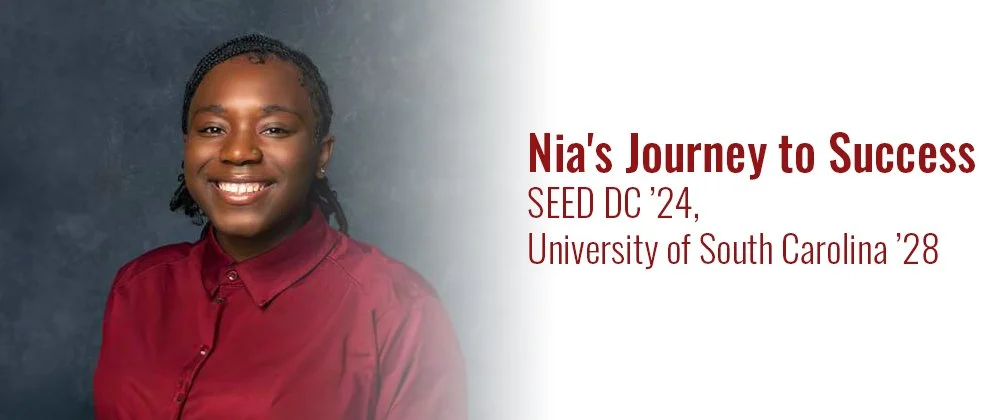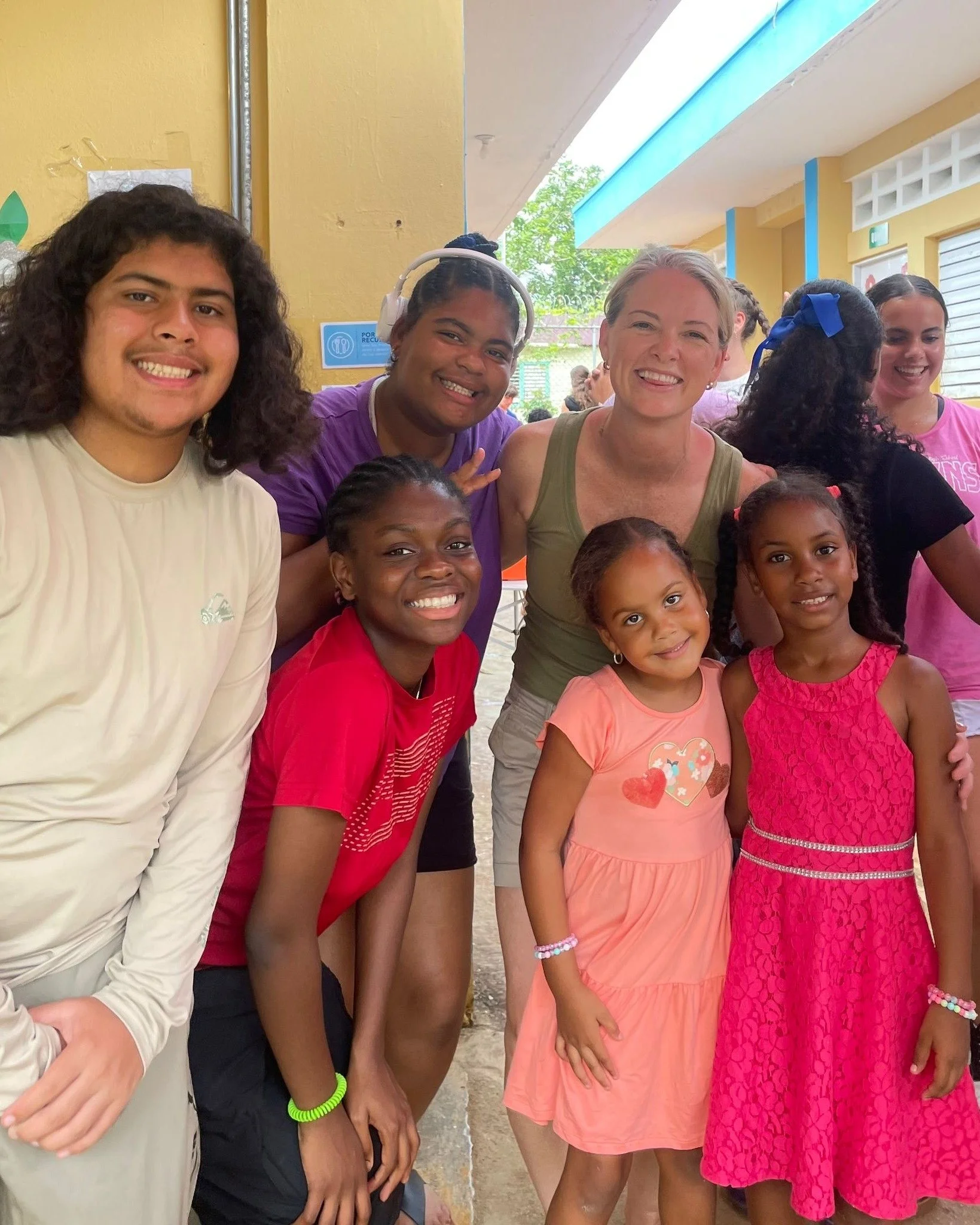A college diploma is a great start to building a career, but it's not enough. It may be a cliché, but the idea that “it's not what you know, but who you know” still holds true. A college degree offers incredible benefits—more career options, higher earning potential, and better financial security. But what often goes unsaid is that access to these advantages isn't just about the grades or diploma you have earned, it's about the people you meet along the way. Your social network—the connections you build on campus—can be just as crucial to your career as the diploma itself. At SEED, we believe building this social capital is a critical skill, and we're here to help our students and graduates forge the relationships that will propel them toward their goals.
So, what exactly is social capital? Think of it as your personal network—the relationships and connections that give you access to opportunities. It's an important resource, just like your skills and knowledge, for helping you reach your goals. However, not all students start college with the same professional connections. Many first-generation, low-income, or underrepresented students have limited access to the networks that can make a difference. This puts them at a disadvantage, especially when you consider that by some estimates, as many as 70% of jobs are never advertised, with up to 85% of positions being filled through networking. For these students, building social capital isn't just a good idea; it's a necessity.
Building social capital is about more than collecting names—it's about creating a diverse and robust network. This means connecting with a wide range of people, from peers to seasoned professionals. The key is leveraging “weak ties”—those second- and third-degree connections that can often lead to unadvertised jobs and hidden opportunities. Having senior professionals in your network is especially valuable. These connections are often in a position to make referrals, and someone with a referral is four times more likely to land the job. While some students enter college with these connections, SEED provides the opportunities to build and grow networks that last a lifetime.
SEED's Network of Support
SEED Graduate Institute 2025, Washington, D.C.
At SEED, we're dedicated to expanding student access to social capital through our unique programming. Our board members, volunteers, and friends share their time and expertise, providing invaluable mentorship and career advice to SEED students and graduates.
We host events such as Quick Career Chats, where students can get one-on-one advice from professionals in fields in which they're interested, from law and medicine to finance and entrepreneurship. And our annual SEED Graduate Institute (SGI) brings together graduates from across the Network for professional development and networking. Experts from various fields share their experiences, offer advice on internships, and engage directly with attendees, giving students a vital head start.
The Power of Showing Up
Harri-Anna Derolus (SEED Miami ‘21, Howard University ’25) and Kiaira Muhammad, The SEED Foundation Senior College Success Advisor
SEED graduate Harri-Anna Derolus (SEED Miami ‘21, Howard University ’25) embodies the power of networking. As a student ambassador at SEED Miami, she realized the value of taking the initiative to network. She started building her social capital early, and her proactive approach has paid off.
"Networking was something I consciously did starting at SEED Miami," she says. "I got a lot of experience as a student ambassador doing tours for donors. We would introduce ourselves to donors and talk to them about the SEED experience."
This foundational experience in high school gave Harri-Anna the confidence to continue to expand her network while she was at Howard University and beyond. Since graduating from Howard this past spring, Harri-Anna has been busy studying for the LSAT and preparing to apply for law school. Driven by her goal of becoming an immigration lawyer, she shares her ambition with everyone she meets. “Everyone knows I want to be a lawyer!" she says. Her deliberate approach has led to a diverse network of support, from family to mentors. "I have two cousins who have taken the LSAT and gone to law school, and I’ve been getting insight from them for the longest time."
Beyond her family, Harri-Anna has leveraged her SEED connections to gain real-world experience. "Through SEED Miami I met people who are attorneys," she shares. She was given a tour of SEED Miami board chair Melanie Damian’s office, who then put her in contact with an opportunity to shadow a state attorney to see "what it was like in the courtroom."
These connections have continued to grow throughout her journey. At the SEED Graduate Institute (SGI), she had lunch with an immigration attorney who shared her experiences and connected Harri-Anna with resources to "learn more about different type of jobs in the law."
Harri-Anna's advice to her fellow graduates is simple: “Just do it. You never know who knows somebody else, you never know who is in the room. You have to go to know!” It's a testament to the fact that building your network is about more than just attending events—it's about seizing every opportunity to connect and learn.
At SEED, we understand that it is important that students have continuous opportunities to build their social capital. Through internships, career learning experiences, and unique access to our network of volunteers and supporters, we provide a 24-hour learning environment that goes beyond the classroom.
Every step of the way, from high school through college and beyond, SEED students are empowered to build the connections they need to achieve their goals.






































